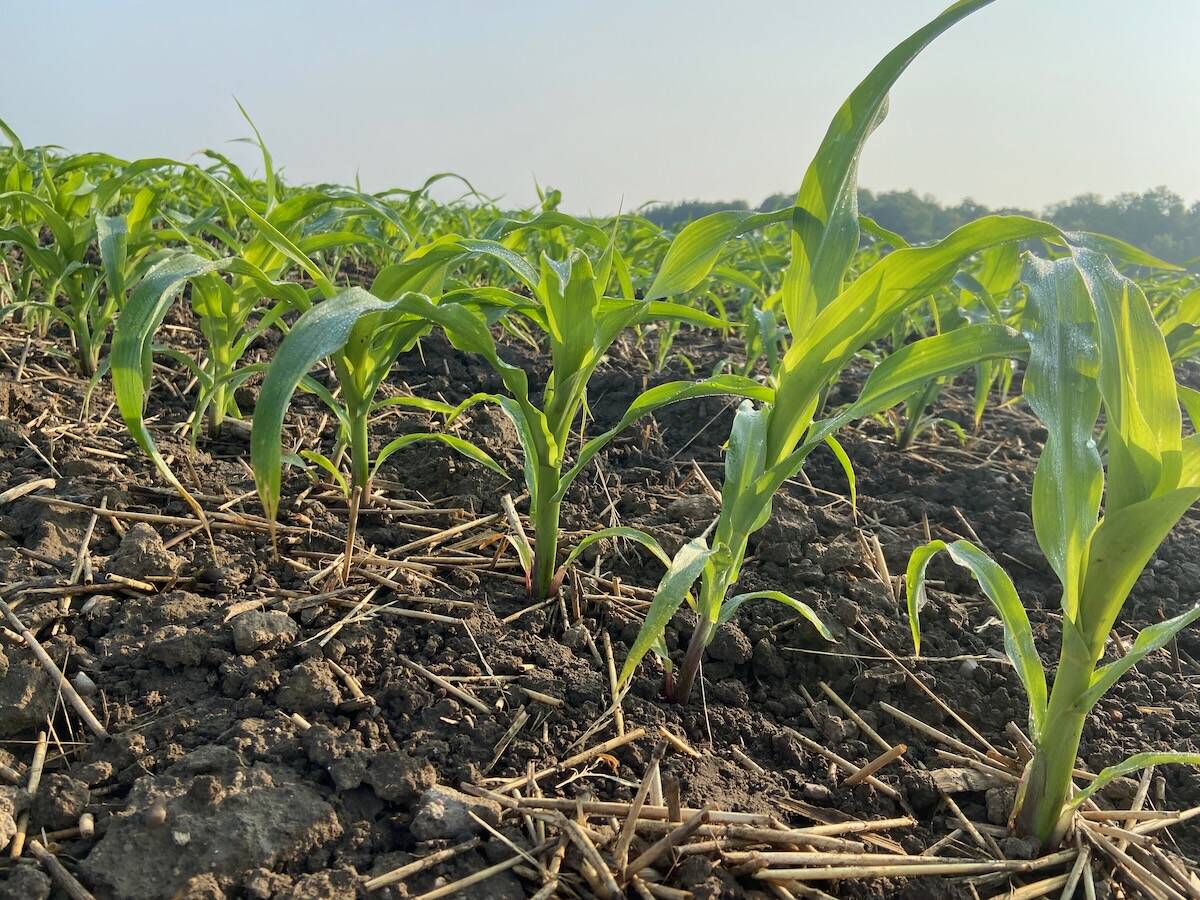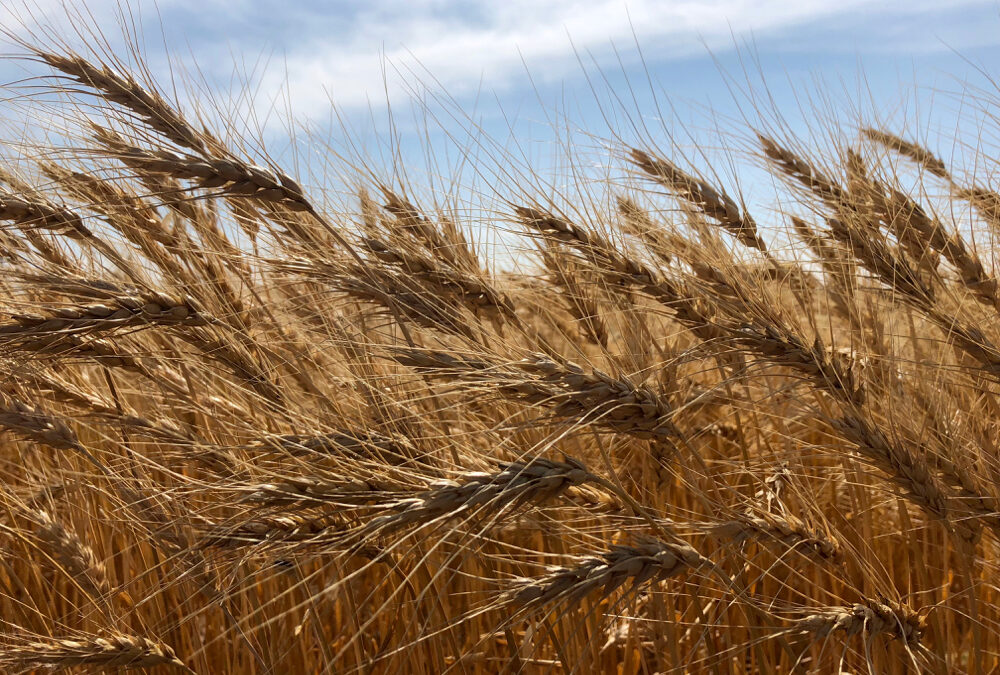What would you think if Big Oil or Big Tobacco said to you, “Just trust us!”?
Are we guilty of the same thing in Big Agriculture? Do we even consider why they paint all of us that way even those we are just family farmers? So what if we use herbicides, pesticides, fertilizers and even GMOs?
After all, we use them responsibly, produce more while protecting and improving our soils and landscapes. Does anyone know that we work hard to do the right things?
Lately, some big marketing campaigns have made many farmers shiver, such as the whole gluten-free fad, no added hormones in our A&W hamburgers, GMO-free Cheerios, and Chipotle Mexican Grill’s “Farmed and Dangerous” campaign. What’s scary is the success these efforts have had with consumers.
Read Also

Can we trust the USDA crop data anymore?
Indications that farmers, analysts and traders have started to lose trust in U.S. Department of Agriculture data are hardly a surprise.
Honestly, I have nothing against these campaigns. It’s just business on their part. What I am concerned about is the cumulative impact on the image of mainstream agriculture. Even our neighbouring province on the Pacific coast is now talking of banning GMOs.
How did we let things get this far?
Many blame social media, but I have a hard time believing that because, more than ever, we have the ability to connect with people and share our stories. Others say it’s easier to sell fear than it is to effectively communicate good science but frankly, I don’t buy that either.
But maybe critics of modern agriculture work harder at selling their message than we do. Maybe we’ve been too complacent, believing we should automatically be given respect because “we feed the world.” That is truly noble, but maybe it’s time to listen to our critics so we can better respond to a society that seems increasingly willing to accept their claims.
That’s why my organization recently gave Don Huber a platform. The retired plant pathologist from Purdue University is dedicated to raising an alarm that glyphosate (Roundup), glufosinate (Liberty), and GMOs are literally killing millions. Huber used complicated language, mountains of data, and graphic images and charts showing trends of increased illnesses. (Video at www.farmingsmarter.com)
But he offered no evidence of correlation, either during his presentation or during questions afterward.
More from the Alberta Farmer Express: Anti-glyphosate crusader accuses herbicide as causing host of ills
When I asked one farmer what he thought, he told me that it “scared the hell out of him and that he didn’t know how to respond.” I suspect he spoke for many, and that most people were overwhelmed by the onslaught of jargon.
But we have to respond. And we are perfectly able.
The whole time Huber spoke, my “baloney detector” was going off like a hockey mom in a badly reffed game. For example, he claimed every scientist who has ever studied glyphosate has failed to understand how it kills plants. He claimed — with no supporting evidence — it causes intolerances to soil-borne pathogens due to its strong antibiotic properties. He also claimed yields are decreasing and the reason we need to add micronutrients is because the ones in the soil are being tied up (chelated) by glyphosate molecules.
It’s not clear why a once-well-regarded scientist makes such alarming charges without offering replicable evidence.
Despite all this, I was thinking of whether there might be something valuable in all of his junk science. For example, one of Huber’s claims is the scientists have not been given access to “isogenic” lines, which is the unaltered parent line and the variant that has been genetically modified. Huber claims comparing these nearly identical lines would allow scientists to see if the glyphosate variety actually reduced the available amount of micronutrients.
Maybe he has a point. I know farmers would be interested in such a study. Most are already thinking carefully about their glyphosate use in their cropping systems. While a complete ban would not be good for our farms, soils and the environment, farmers understand you can have too much of a good thing.
That’s how they operate.
Farmers are intelligent, resourceful, and innovative people who work hard at applying new technologies and practices. We believe in sustainability and our goal is always to produce healthy crops with as few resources as possible.
And we are not telling the world to “just trust us.”
Clearly, it’s time to dispel the myth of Big Agriculture and show the world who is producing their food and how seriously they take that responsibility.














